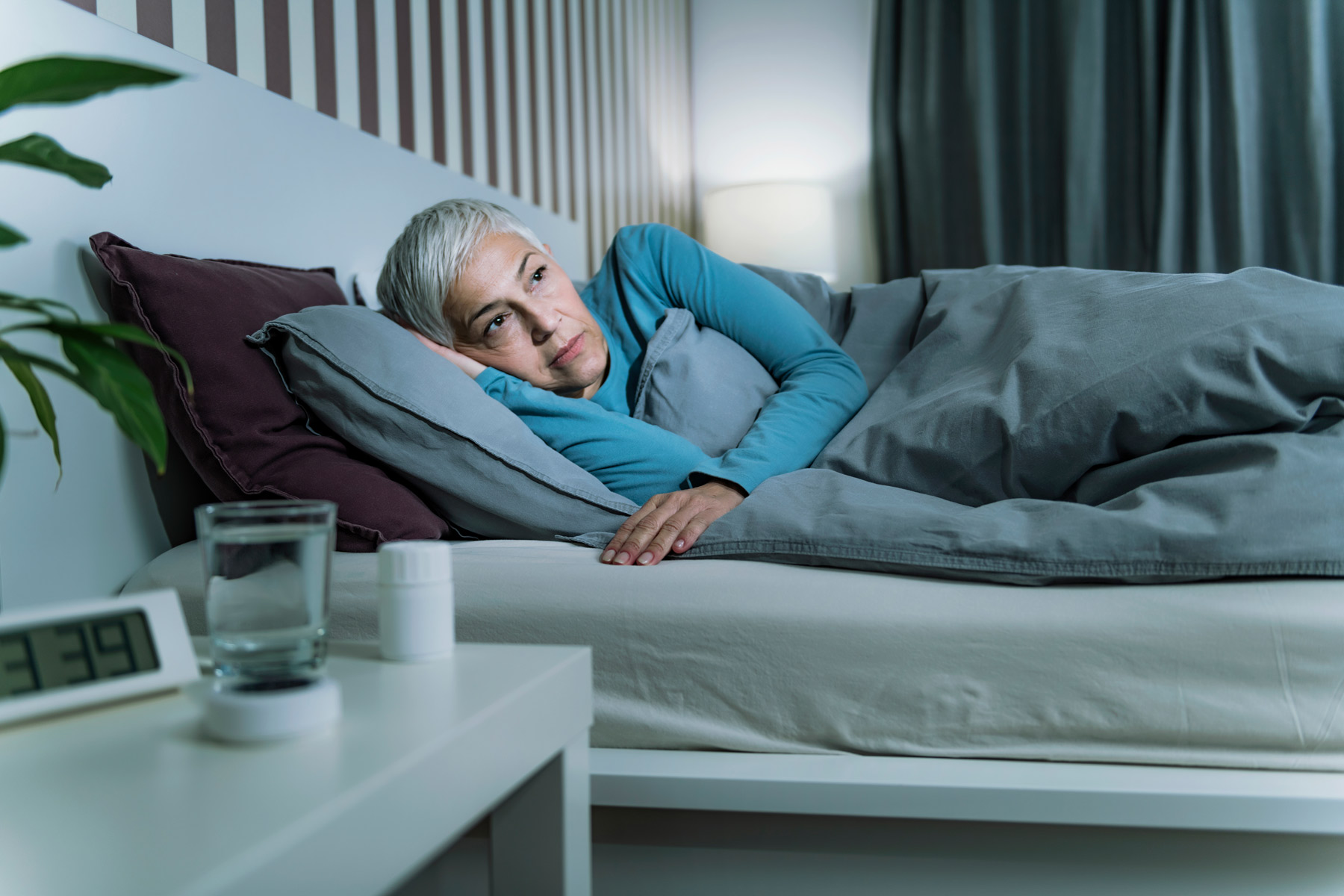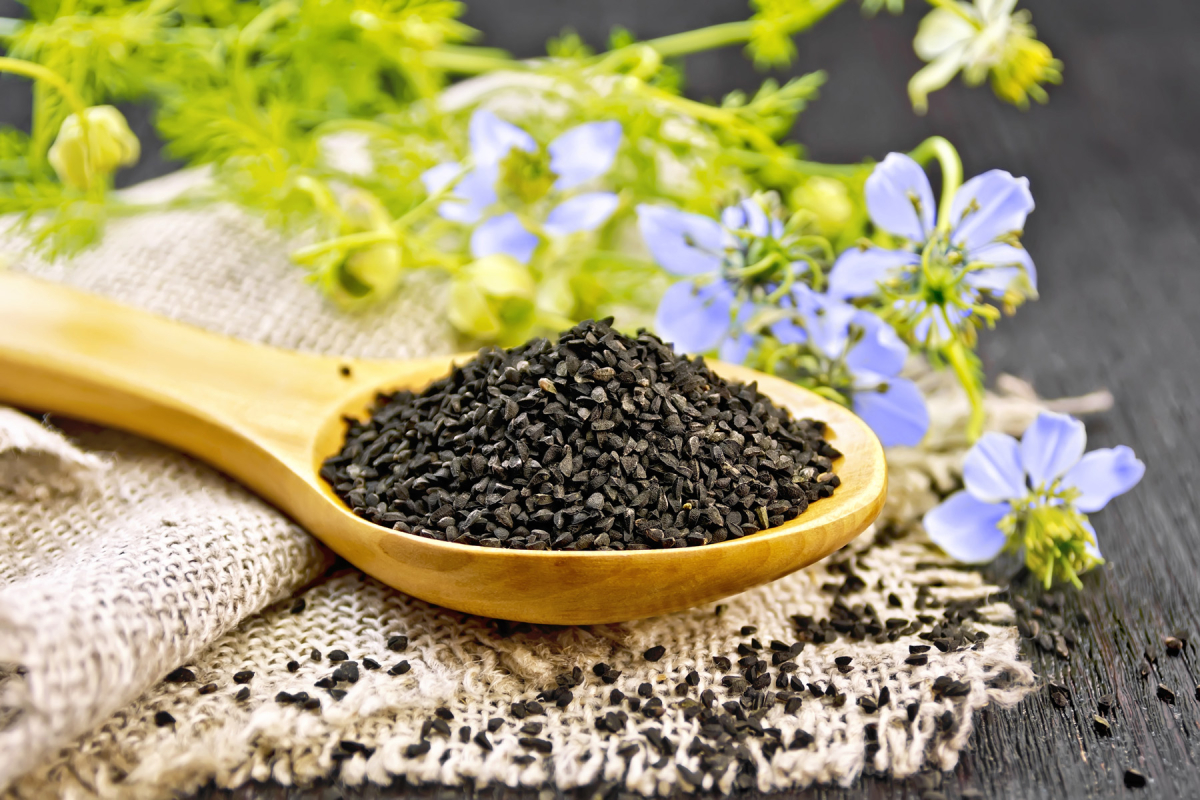Melatonin, also known as the "sleep hormone", has become increasingly important in recent years. It is a naturally occurring hormone produced by the pineal gland in the brain and plays a key role in regulating the sleep-wake cycle. In this blog article we will examine the discovery of melatonin, its health benefits according to the EU Health Claim and the process of its extraction.

The discovery of melatonin
The discovery of melatonin dates back to 1958 when dermatologist Aaron B. Lerner and his colleagues at Yale University were looking for a substance that affects skin color. They isolated melatonin from the pineal gland of cattle and found that it had a powerful effect on skin pigmentation. In the years that followed, however, it became clear that melatonin plays a much more far-reaching role in the human body, specifically in regulating the sleep-wake cycle.
Scientific evidence and EU health claims
The European Union has strict rules for health-related information about food and dietary supplements, the so-called health claims. According to the EU Health Claim Regulation (EG) No. 1924/2006, health claims are only permitted if they are based on scientific knowledge and have been approved by the European Food Safety Authority (EFSA).
For melatonin, EFSA has approved two health claims related to the health benefits of the hormone:
a) Melatonin contributes to alleviating the subjective sensation of jet lag.
b) Melatonin helps reduce the time it takes to fall asleep.
These health claims are only valid if certain conditions are met. For example, a daily dose of at least 0.5 mg of melatonin needs to be taken just before bed to help reduce the time it takes to fall asleep. For jet lag relief, a daily dose of at least 0.5mg of melatonin should be taken on the first day of travel and for the first few days after arrival at the destination.
Production of melatonin
Melatonin can be obtained in several ways:
a) Natural sources: Melatonin is found in small amounts in some foods, such as cherries, nuts, oats and tomatoes. However, the concentration of melatonin in these foods is relatively low and it is difficult to get enough melatonin from food alone.
b) Synthetic Manufacturing: Melatonin can also be manufactured synthetically by chemically deriving it from tryptophan, an essential amino acid. This process is the most common way to obtain melatonin for use in supplements. Synthetic melatonin is available in different forms such as tablets, capsules, sprays or drops.
c) Animal extraction: In the past, melatonin was extracted from the pineal gland of animals (usually cattle). However, due to concerns about purity and possible disease transmission, this approach has lost popularity and is no longer used for the manufacture of dietary supplements.

Application and dosage of melatonin
The right dosage of melatonin can vary from person to person and depends on factors such as age, sleep problems and the severity of jet lag. In many cases, low doses (between 0.5 and 3 mg) are sufficient to achieve the desired effects. It is recommended to start with a low dose and gradually increase it as needed.
Melatonin should be taken just before bedtime for the best effect. For jet lag, it can be helpful to start taking melatonin a few days before travel and continue for the first few days after arriving at your destination.
Possible side effects and precautions
Although melatonin is generally considered safe, some people may experience side effects. These include headache, dizziness, nausea and sleepiness the next day. In rare cases, allergic reactions can also occur.
It's important to check with a doctor or pharmacist before taking melatonin, especially if you're on medication or have a condition that affects the sleep-wake cycle. Pregnant and breastfeeding women and children should use melatonin only after consulting a doctor.
Conclusion on melatonin
Melatonin is a fascinating hormone that plays an important role in regulating the sleep-wake cycle. Scientific evidence and EU Health Claims show that melatonin may be effective in relieving jet lag and reducing the time it takes to fall asleep. Due to the synthetic production, melatonin is available in different dosage forms that correspond to the individual needs.
Despite the health benefits of melatonin, it's important to choose the right dosage and be aware of possible side effects. Before taking melatonin, you should always check with a doctor or pharmacist to make sure it is right for your personal needs.
Here you can order products with melatonin











